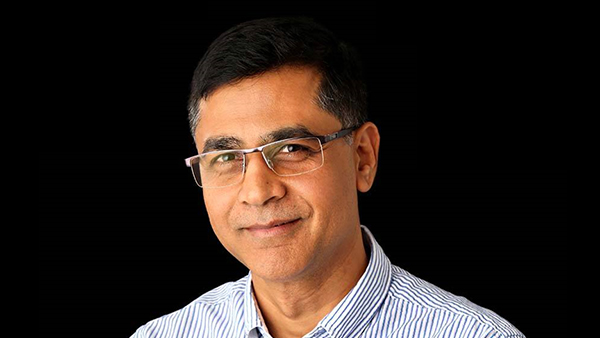 SCHHS Director of Vascular Surgery Dr Pankaj Jha.
SCHHS Director of Vascular Surgery Dr Pankaj Jha.
Thanks to new technology and training, the vascular surgery team at Sunshine Coast Hospital and Health Service (SCHHS) is performing more complex surgeries than ever before, benefiting close to 1,000 local patients every year.
SCHHS Director of Vascular Surgery Dr Pankaj Jha said his department had developed significantly in recent years, and he and his team were now able to perform operations not possible in many other parts of the state.
“We’re offering very advanced treatments to our patients using new, cutting edge technology.
“We are one of the few specialties that operate all over the body, so if there is a problem with blood vessels anywhere other than the heart and brain we can treat them.
“One of the main developments within our team has been in our ability to provide needle hole operations whereby we can open and treat blocked arteries, in the legs for example, through a needle hole in the groin.
“Previously, open or bypass surgery was the only option and would have resulted in long incisions and cuts down the leg and a much longer recovery.
“Now, patients are sitting up and having dinner at the end of the day rather than recovering in intensive care for days on end.
“We also have the ability to use very complex, custom made stent grafts to repair and treat aneurisms inside the belly and chest. We are now regularly treating aneurisms of the chest aorta, by operating on blood vessels in the neck.
“What we’ve also seen with the use of this new technology is an increase in the range of people who we can treat.
“Previously, many aged over 75 years would have been told they couldn’t have certain surgeries because it was too taxing for them, and they would have been managed conservatively, with a ‘wait and see what happens’ approach.
“More than three quarters of our close to 1,000 operations every year are complex limb or life saving operations that last more than three hours at a time.
“In the past, a lot of our patients would have travelled to Brisbane to have these operations. Now, with our high-quality equipment that very few other Queensland Health hospitals have, and the staff, we can offer complex, high level care to our patients.
“Our development as a team is definitely twofold. Technology is the key because a lot of these newer treatments that we offer are a product of manufacturers creating devices that are more refined than ever and can reach further down into the body towards the foot, which allows us to open smaller and smaller arteries and offer treatments that previously were either unheard of or not possible.
“At the same time, we are constantly growing the knowledge and skillset of all who work with us to keep up with the latest engineering and techniques that are available.
“In the future we are going to continue to see the burden of ageing and diabetes increase, which makes these advancements especially important.
“While 10 years ago people would have accepted their leg being removed if there was gangrene in the foot (a common form of diabetic foot complication), these days people want to preserve even their little toe.
“That sort of drive and demand from the patients is propelling vascular surgery forward and making what was once not possible, possible for all,” Dr Jha said.